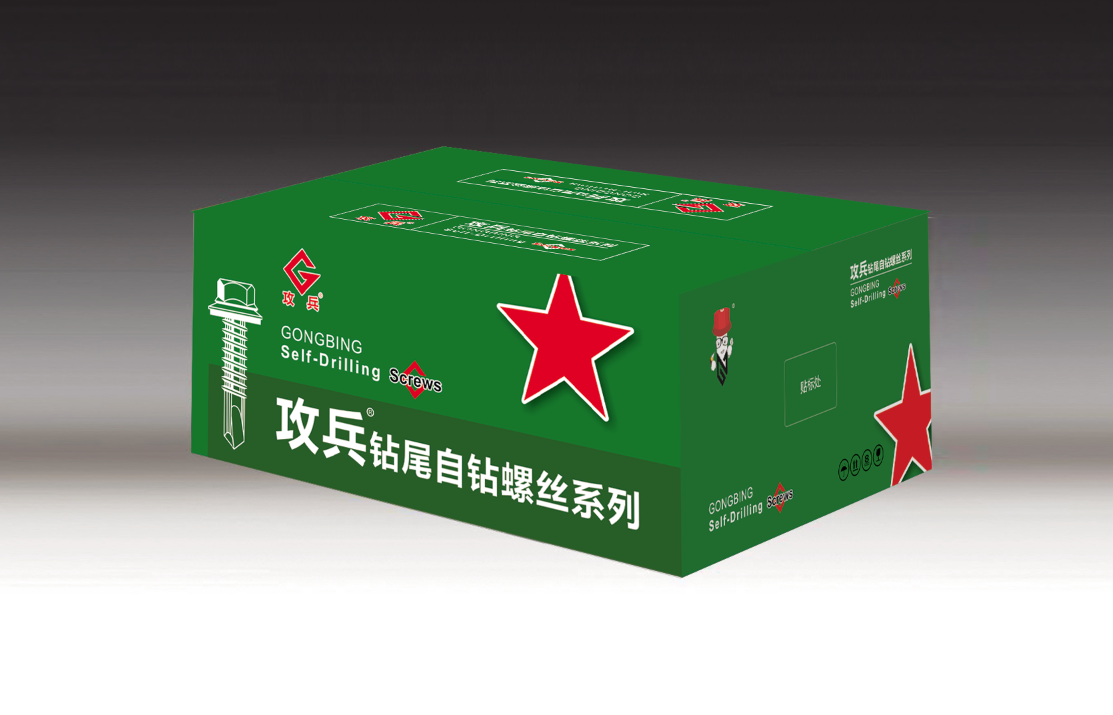chemical anchor fastener
Understanding Chemical Anchor Fasteners A Comprehensive Overview
Chemical anchor fasteners are innovative anchoring solutions widely used in construction and engineering projects to secure elements like structural supports, machinery, or even fixtures to concrete and masonry. Unlike traditional mechanical anchors that rely on friction or mechanical interlock, chemical anchors use a specialized adhesive or resin that chemically bonds with the base material, providing enhanced strength and reliability. In this article, we will explore the features, applications, benefits, and installation methods of chemical anchor fasteners.
Features of Chemical Anchor Fasteners
Chemical anchors generally consist of two main components a resin and a hardener. When mixed, these materials undergo a polymerization process that creates a strong bond between the anchor and the substrate. Chemical anchors are available in various formulations to suit different substrates, including epoxy, polyester, and vinylester. The choice of resin depends on factors such as load requirements, environmental conditions, and the type of material being anchored.
One of the key features of these anchors is their ability to work in various conditions, including damp or wet environments, where mechanical anchors may struggle. Chemical anchors can also be used in cracked or uncracked concrete, making them versatile for numerous applications.
Applications of Chemical Anchor Fasteners
Chemical anchors are employed in a wide range of applications across multiple industries. In the construction field, they are commonly used for
1. Structural Applications These fasteners are crucial for securing steel beams, columns, and other structural elements to concrete foundations, ensuring the stability of buildings and bridges.
2. Masonry Work Chemical anchors are frequently utilized in brick and block walls, providing a reliable means of attaching fixtures and components.
3. Heavy Machinery and Equipment In industrial settings, chemical anchors are used to secure heavy machinery to concrete floors, preventing movement that could lead to operational hazards.
4. Renovation and Retrofitting When reinforcing existing structures, chemical anchors provide an excellent solution for achieving high pull-out resistance in aged or weakened substrates.
5. Infrastructure Projects Chemical fasteners are essential for mounting various infrastructure elements, including signage, railings, and barriers.
Benefits of Chemical Anchor Fasteners
chemical anchor fastener

The advantages of using chemical anchor fasteners over traditional mechanical anchors are numerous
- Superior Load Capacity Chemical anchors offer higher load-bearing capabilities, which is critical for safety and structural integrity.
- Resistance to Vibration and Shock The adhesive properties of chemical anchors help them resist vibrations, making them suitable for applications in dynamic environments.
- Water Resistance The sealed nature of chemical anchors prevents water ingress, protecting against corrosion and deterioration, especially in outdoor applications.
- Versatility These anchors can bond with a variety of materials, including concrete, brick, stone, and even some metals, providing flexibility in design and applications.
Installation of Chemical Anchor Fasteners
The installation of chemical anchor fasteners requires careful preparation and execution. The basic steps include
1. Drilling A hole is drilled into the base material, ensuring the correct diameter and depth according to the anchor specifications.
2. Cleaning The hole must be thoroughly cleaned to remove dust and debris, ensuring optimal bonding strength.
3. Mixing The resin and hardener are mixed per the manufacturer's instructions to create the adhesive.
4. Injecting the Adhesive The mixed adhesive is injected into the hole, often followed by inserting the anchor rod or bolt.
5. Curing Allowing adequate curing time is crucial; this period varies based on the resin type and environmental conditions.
In conclusion, chemical anchor fasteners represent a reliable and effective solution for a wide range of anchoring needs across various industries. Their unique bonding capabilities, resistance to harsh conditions, and adaptability underscore their significance in modern construction and engineering practices. As technology continues to advance, we can expect further enhancements in chemical anchor formulations, making them even more efficient and versatile for future applications.
-
Weatherproof Plastic Expansion Anchors for OutdoorNewsJun.06,2025
-
Sustainability in the Supply Chain: Eco-Friendly TEK Screws ProductionNewsJun.06,2025
-
Load-Bearing Capacity of External Insulation FixingsNewsJun.06,2025
-
Double Head Bolts: Enhancing Efficiency in Industrial MachineryNewsJun.06,2025
-
Corrosion Resistance in Chipboard Screws: Coatings for Wholesale DurabilityNewsJun.06,2025
-
Butterfly Toggle Bolts : Enhancing Structural ResilienceNewsJun.06,2025
